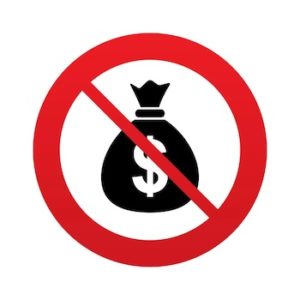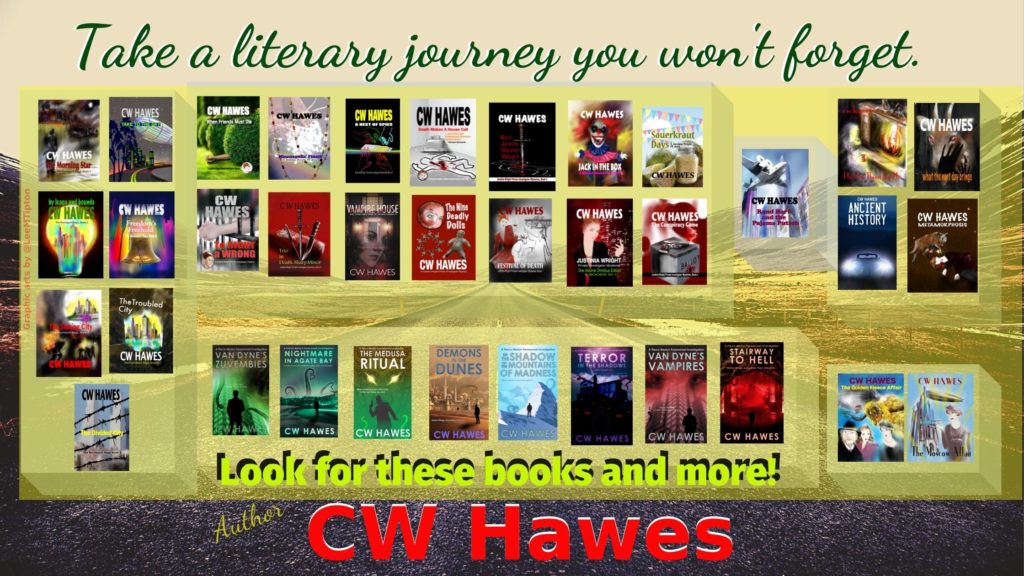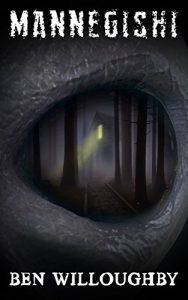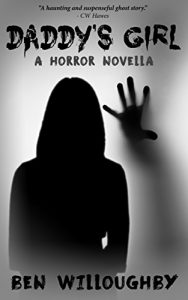How much does an indie author make? That is a good question. And one that probably has a skewed answer.
A 2015 survey conducted by The Guardian stated that the average self-published author makes less than $1000 per year. And a third of the authors surveyed made less than $500 per year.
Even though the survey is over six years old, I’d hazard a guess the numbers are still fairly accurate because the number of authors and books in the marketplace is much greater now than it was then. So it’s possible that the figures are even worse today than six years ago.
Now there are indie authors who make big money. When I started in 2014, there were romance authors who made upwards of a couple million a year. Mark Dawson and Michael Anderle take in around a half-million a year from their books, according to the last figures I read.
But I would wager most self-published authors today make very little, if any, money. None of the ones I know are rich.
Last year I had my second best year, earnings wise, of my 7 year self-publishing adventure. I earned royalties of $274. I sold 160 books and had 15,900 Kindle Unlimited page reads.
Which I think is pretty good, considering I didn’t spend a dime on paid advertising. My production costs were also minimal. So most of that money was pure profit.
Sometime ago I received an email from an author who was crowing about his first six-figure month. He’d made $100,000. Then in a fit of honesty, said he’d spent $80,000 in advertising to get that $100K.
In other words, he wasn’t a six-figure author. He was a low five-figure author. Beware of the numbers when the writing gurus speaketh.
And if you factor in production costs (cover, editor, etc), that author probably made less than $20K.
Which is why I made note at the beginning of this post that the numbers are probably skewed when authors talk about what they make from their writing. Especially the ones selling courses, because they need to impress you with their success in order to take your money and feed your dreams of success.
Not that you can’t be monetarily successful. You can. It just takes a lot of money and a lot of time. And a wee bit of luck.
Of course you can hire someone else to do your marketing. Which will take even more of your money.
Given the constant barrage of success stories that we authors hear, and then looking at our own often “pitiful” results, the question begs to be asked — is it worth it? Is it worth all the time and effort expended to end up making a couple hundred bucks?
I can only speak for myself. And for me, the answer is yes. YES!
Very simply, I’m doing something that I love and I’ve gathered an audience over the past 7 years. Not a large audience to be sure, but an audience nevertheless. And that is a very good feeling. There are people out there who like what I write.
Back some 15 to 20 years ago when I was writing poetry and getting it published in ezines and magazines — I got paid exactly nothing. Nothing!
In fact, everybody got paid nothing. Money was a non-factor. The late Jane Reichhold once told me that even poets who were being published by the big poetry publishers made very little, if any, money. Certainly nothing they could live on.
Her recommendation to me was to hang on to the day job and just write. Or get a degree and go into academia so I had a day job and university support to get more poetry published.
In the world of poetry, success has to be defined in a way that doesn’t include the dollar. Because there is no money in poetry. Poets don’t write for money. They write because of some other motivation.
I’ve carried that mindset over into my fiction writing. Success does NOT have to be measured in terms of dollar bills.
So why do we fiction writers think our worth or success has to be measured in currency? When most writers have not and cannot support themselves with their writing? I find the attitude somewhat puzzling.
Oh, I know we fictioneers look to all those who’ve made a living from their pen and we want to do the same. Funny thing, though, is that we never look at the many more who never could make a living from their pens. Those writers get lost in the myth of making money from books.
Throughout history, most writers did not make money from their pens. Throughout most of history writers tended to be men of leisure. That is, they had a means of support apart from their pens.
Only in the 1800s did it become possible for a person to make a living from writing, and especially writing fiction.
Even so, the number of people deluging publishers with their manuscripts was far greater than the number of writers the publishers published. And that has always been the case with traditional publishing. Many submit, but few are chosen.
Today, anybody can publish anything. Thanks to the indie revolution. And that kind of democracy, I think, is a good thing.
There are over 7 million books on Amazon and the number grows daily by over 3,000 new books. The chance of getting your book seen is next to zero. Even with paid advertising, Amazon won’t show your ad if no one buys your book.
Let’s face facts. The book market is glutted as it never was in the past. There are simply too many books and too few readers.
Having come to this realization, I am very pleased that I have my small fiction audience. In addition, my blog gets between 200 and 250 visitors each month. Not a lot, but it is more than nothing.
I will continue to build my mailing list as I look for my 1000 true fans.
I’m retired. I don’t need to make a living from my writing. I have an income. And I dare say, most people who want to be writers also have an income. They don’t need to be full-time writers to make a living. They can be part-time writers for the fun of it.
Very few of us are in the position of Louisa May Alcott who had to make a living from writing because her father was a dreamer and a wastrel and didn’t provide for his family. She turned to writing in order to put food on the table and pay the rent. She took over the breadwinning role using her pen, because it was one of the very few channels open to women by which the possibility existed to make significant money.
Most of us are like Edgar Rice Burroughs and Earl Stanley Gardner. We don’t like our jobs and want to do something else. And we think writing is an easy way to make money.
The fact of the matter is that writing is easy. However, writing well is not.
I write not for the money, but for the sheer love of writing. It’s the love that keeps me going. It’s the obligation to my audience, small though it is, to give them stories they want to read. To entertain them. To not disappoint them. In a sense, it’s not about me — it’s about them.
So all you writers out there, I urge you to write for the love of it. Write for those who want to read your stories, no matter how few they be. It’s not about the money. It’s about doing something that adds value to your life and the lives of your readers.
Comments are always welcome. And until next time, happy reading!
Share This!


